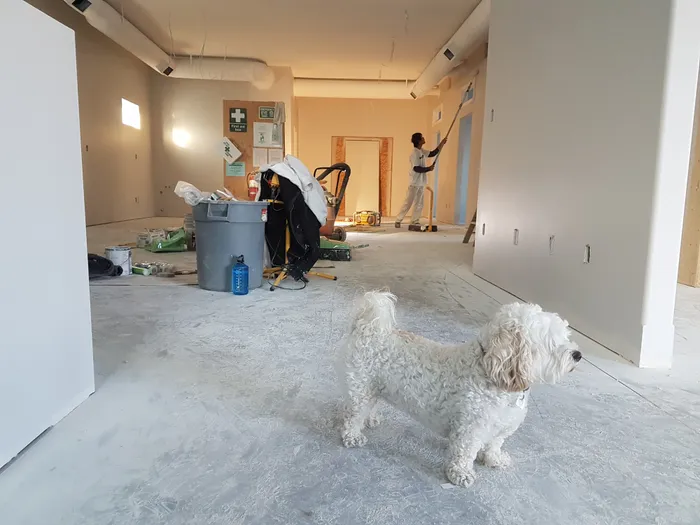
While property flipping can be profitable, the current economic climate presents significant risks.
Image: Cal David
While property flipping in South Africa can be a lucrative investment strategy, in the current economic climate, it is not without its risks.
Property flipping is the practice of purchasing a property with the intention of renovating and reselling it for a profit.
According to the August FNB Property Barometer, property prices have grown at an average of around 3.7% annually in recent years, but this is only roughly in line with the inflation rate.
Depending on where the property is situated, investors who want to make a quick turnaround should not rely solely on annual house price growth to generate profits, explains Adrian Goslett, the Regional Director and CEO of REMAX Southern Africa.
“In areas where house price growth is slower, to avoid a flop, flippers need to create value through smart upgrades and cost-effective renovations that meet the needs of today’s buyers,” he advises.
With that being said, Goslett also warns that the profit is made at the time of purchase.
“You can’t sell a property for more than the market can bear, no matter how much you spend on renovations. The key is negotiating well on the purchase price. If the ceiling in the area is R5 million, you won’t be able to sell the home for R7 million simply by adding extra upgrades or updating some features.”
The key is to know your market, Goslett says. According to him, different provinces and suburbs can deliver vastly different returns.
For example, he says coastal metros like Cape Town and Durban often see far higher appreciation rates owing to lifestyle demand, while inland hubs such as Johannesburg and Pretoria provide larger buyer pools and faster turnover in the entry-level price brackets.
“Even within the same city, certain neighbourhoods can outperform others depending on their proximity to schools, business nodes, and transport routes.
"The key is to research recent sales data in the area you’re considering and to choose a neighbourhood where demand is high enough to ensure a quick resale at the right price,” Goslett explains.
Apart from location, REMAX says hidden costs can also quickly erode potential profit. The real estate company says beyond the purchase price, flippers must factor in transfer costs, bond registration, holding costs such as rates and taxes, and unexpected repair work that might surface once renovations begin.
“Many first-time flippers underestimate just how expensive it is to carry a property for three to six months while upgrades are underway,” says Goslett.
Flipping property in South Africa can be highly rewarding if approached strategically. With careful planning, realistic budgeting, and a clear understanding of buyer trends, investors can avoid common pitfalls and ensure their flip turns a healthy profit.
“The key to flipping and not flopping lies in balancing ambition with discipline. Work with experienced real estate professionals who understand the local market, and you’ll dramatically improve your chances of success,” Goslett says.
While numbers and purchase negotiations are key in flipping, it’s important to view the property market more holistically, says Darren Francis, a property investor and author.
He adds that flipping is not just a numbers game; it is also about timing and understanding where we are in the property cycle.
“South Africa’s market has shifted from low interest rates to higher rates and is now stabilising. Investors need to recognise these cycles to know when to move and when to hold back.”
He adds that equally critical is local knowledge. “Entering unfamiliar markets without a clear grasp of the socioeconomic conditions and buyer needs can lead to costly mistakes. Success lies in playing to your strengths and focusing on markets you truly understand.”
Finally, Francis says partnerships are often underestimated. He says aligning with the right professionals and collaborators can make the difference between a successful flip and a failed one.
“In this sense, flipping extends beyond what traditional agents or surface-level numbers can tell you; it requires strategy, awareness and strong networks.”
Independent Media Property
Related Topics: